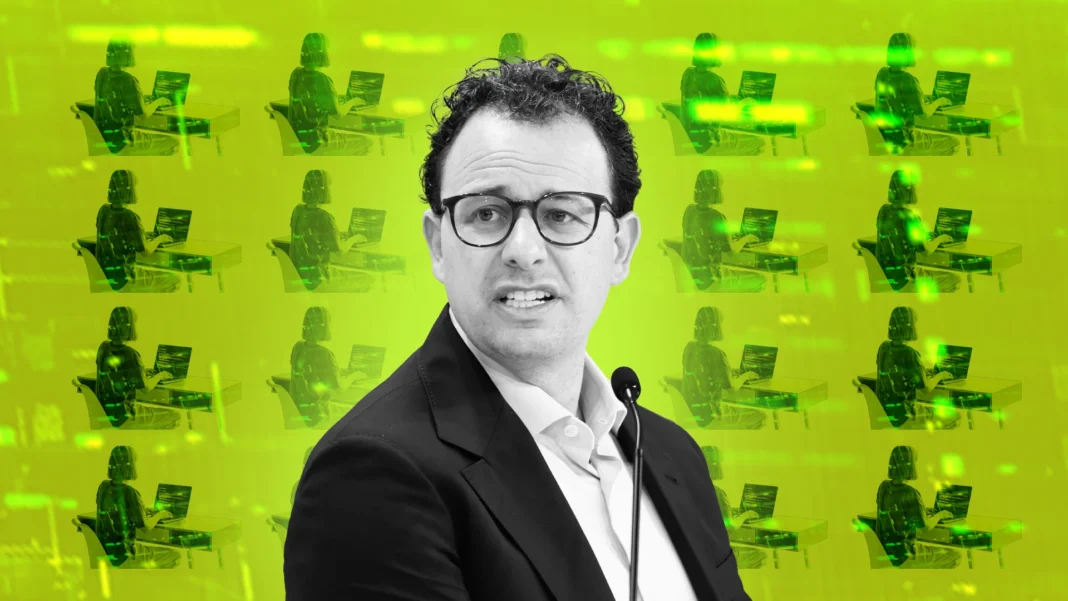In a milestone decision, a U.S. District Court judge has ruled that Anthropic’s use of copyrighted books to train its Claude AI model constitutes fair use under U.S. copyright law—a first-of-its-kind victory in generative AI litigation
📘 1. Transformative Use Recognized
Judge William Alsup emphasized that training large language models (LLMs) is “exceedingly transformative”, akin to human learning, meaning it is not a substitute for the original works
⚖️ 2. First Major Fair Use Ruling in AI
This marks the first judicial decision finding AI model training on copyrighted materials qualifies as fair use—a key milestone that may shape dozens of ongoing and future lawsuits .
📚 3. Piracy vs. Purchased Content
While fair use covers training on legally purchased and scanned books, the court found Anthropic’s storage of over 7 million pirated books in a central library not protected—that claim will go to trial on potential damages
💰 4. Billions in Potential Penalties
With statuary damages up to $150,000 per infringed work, the piracy lawsuit could impose billions of dollars in liability on Anthropic—the trial on this issue is scheduled for December
🌐 5. Precedent for AI Industry
Legal experts say this sets a critical precedent for other AI developers (OpenAI, Meta, Microsoft), affirming that using copyrighted materials for model training can be lawful under fair use entrepreneur
🥳 6. Industry Excitement & Cautious Optimism
Fair use advocates called it a major victory, highlighting the “purpose of copyright” being to foster creativity. But analysts warn that the piracy component still leaves legal exposure for anthropic
🔮 7. What’s Next
- Piracy trial in December will determine damages.
- Other AI companies will likely cite this ruling in ongoing litigation.
- Lawmakers may revisit fair use definitions as AI becomes more prevalent.



